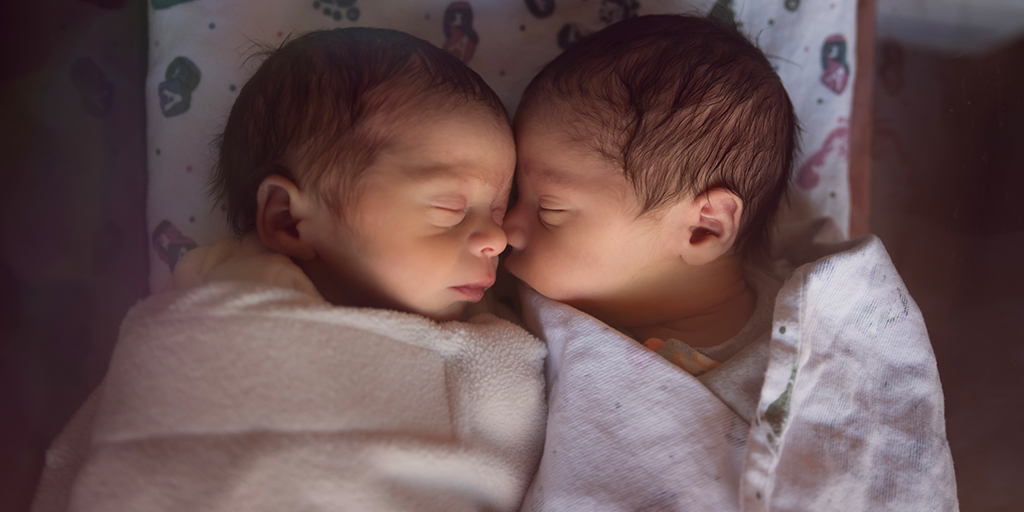Woman’s Double Uterus Produces Two Births, Three Babies a Month Apart

Find Your Perfect Match
Answer a few questions and we'll provide you with a list of primary care providers that best fit your needs.
Twenty six days after a Bangladeshi woman with a double uterus gave birth to a healthy baby boy, she went to another hospital with stomach pains and delivered healthy twins by C-section.
Premier Health Now asked David McKenna, MD, maternal-fetal medicine specialist with Perinatal Partners in Dayton, Ohio, to comment on these extraordinary events.
Dr. McKenna says his practice sees several women a year with two uteruses. As a female baby develops, her uterus forms from two tubes that fuse together into one organ. When they grow separately, it’s a condition called uterus didelphys. Women can still get pregnant and have a successful pregnancy in most cases, but should be seen during pregnancy by a maternal-fetal medicine specialist, as the condition can lead to complications such as preterm birth, issues with the placenta, or breech babies. Carrying babies in both uteruses at the same time and delivering weeks apart is highly improbable, he adds.
“I’ve never heard of this happening before,” Dr. McKenna continues. “The mother and babies are very lucky that they’re healthy and that the babies were far enough along to survive.”
Bangladeshi doctors speculate that the babies in each uterus were fertilized at the same time. Dr. McKenna says an ultrasound during the pregnancy would have revealed the two uteruses and three babies. The Bangladeshi woman lived in a rural area and had not had an ultrasound.
Dr. McKenna recommends that in the U.S., “Every woman should have an ultrasound by 12 weeks to identify and monitor this kind of thing [multiple gestations and conditions like uterus didelphys].”
In general, women in developing nations are at high risk for complications of childbirth. Dr. McKenna says the 20-year-old mother was fortunate not to have a ruptured uterus, hemorrhage, or infection. “I’ve done international health work, and these complications frequently kill women or babies,” he says.
Dr. McKenna concludes, “The practice of obstetrics continues to amaze me. Every woman and every pregnancy is different. I call this a ‘fascinova’ – a fascinating case!”
Find Your Perfect Match
Answer a few questions and we'll provide you with a list of primary care providers that best fit your needs.
Source: David McKenna, MD, Perinatal Partners; CBSNews.com





